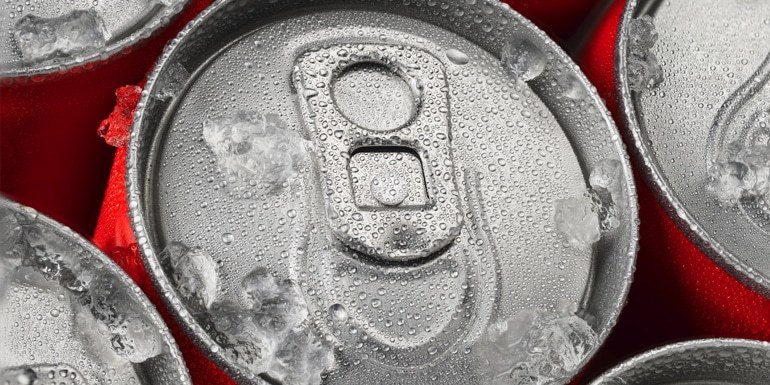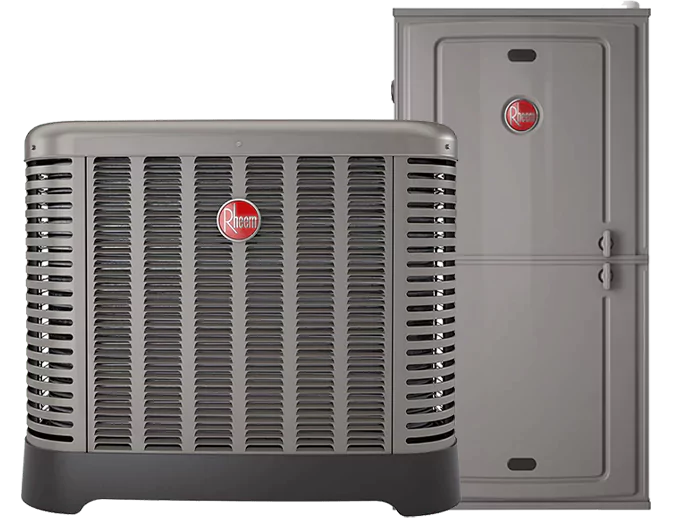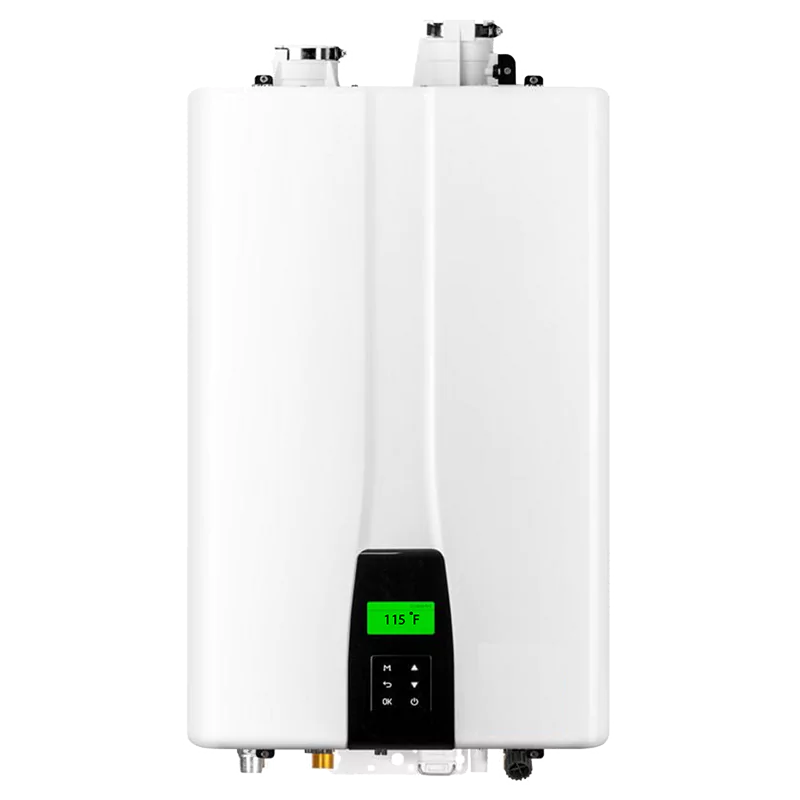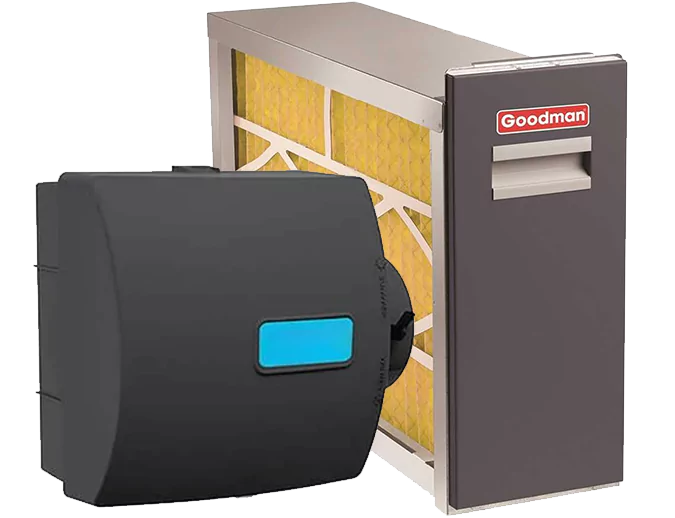Clogged drains can get the best of all of us. Mystery odors, backed-up sinks, and non-functioning disposals are definitely near the top of the Worst Things about Homeownership list.
Whether it’s a sink or a toilet, we’re always looking for a quick and inexpensive DIY fix. Today, our DIY might involve one of our favourite beverages. No, not that one; we’re talking about cola.
There are so many rumors about the DIY uses for cola. From cleaning pavement to removing corrosion from car batteries, cola seems like an easy and affordable tool for everyday maintenance. But what about your clogged drain?
Will Cola Work on My Pipes?
Cola uses phosphoric acid to give the tangy, semi-addicting flavor we all love. Phosphoric acid in large concentrations can be used to clean rust off metal parts, remove tough limescale, and clean the nastiest of toilet scum. But in your soda, the small concentrations have only a mild—we’re talking a very, very tiny amount—of corrosive ability.
Because the amount of phosphoric acid is so small, your cola probably isn’t the best choice of drain un-clogger (Sorry to rain on the DIY cola myth parade). Cola might be somewhat effective under these conditions:
- Your drain is really, really clogged: Cola needs a long time to work, so the cola has to be able to penetrate the clog for long periods of time. If your drain is only partially clogged, the soda will just pass through the pipe without any effect.
- You don’t have standing water: Standing water in your sink means the cola will be diluted. The already small amounts of acid in the soda will be even less effective with added water.
- You can wait a long time: Ideally, you would be able to leave the cola overnight. If you really want to try this hack for yourself, bring a 2-liter of cola to room temperature. Pour the entire bottle down the drain and wait for at least two hours, and preferably overnight. Then pour boiling water down the drain to see if it worked.
A Better DIY Drain Cleaner
First, a note on commercial drain cleaners. Traditional drain cleaners use sodium hydroxide or sulfuric acid to clear backed-up pipes. These are heavy-duty, highly corrosive chemicals. They cause more damage to your pipes down the road. So, if nothing else, avoid the drain cleaner aisle at the grocery store. To unclog a kitchen sink, there’s a much easier, faster, more effective solution:
- Turn off the power to your disposal: Unplug it or turn it off at the circuit breaker.
- Inspect the disposal with a flashlight: Clear any obvious clogs with a tool of your choice, as long as it’s not your fingers.
- If there isn’t a visible blockage, employ a sink plunger: Enhance its effectiveness by filling the sink with a few inches of water.
- Experiment with an effective DIY cleaner: Pour a mixture made of equal parts of vinegar and baking soda down the drain. Let it sit for about 30 minutes before flushing it with hot water to clear any disintegrated debris.
- Restore power and conduct a test.
Preventing Kitchen Drain Clogs
Don’t use your disposal as a trash can: Most of us put anything and everything food-related down the drain. But there are some things that shouldn’t go down there:
- Fibrous foods such as asparagus, celery, or sprouts
- Oils, fats, and greases
- Coffee grinds
- Eggshells
- Starchy food such as beans, peels, rice, or pasta
- Bones
- Non-food items
Use enough water: Without flushing water, food waste builds up and causes those pesky clogs. Keep a good flow of cold water running before and after putting your food scraps down the disposal.
Keep those “blades” sharp: Try putting a handful of ice cubes down your drain once a month. Running the disposal with ice can keep the “blades” (technically, impellers) in shape.
Don’t expect a lifetime commitment: Disposals and pipes aren’t immune to wear and tear. If you’re noticing consistent problems, it’s time to call in the pros to discuss repairs or replacements.
We love hearing our customer’s DIY success stories. But if things don’t go quite according to plan, we’ve got you covered. We’re your Calgary plumbers and can handle clogs (or other problems) of any size.





